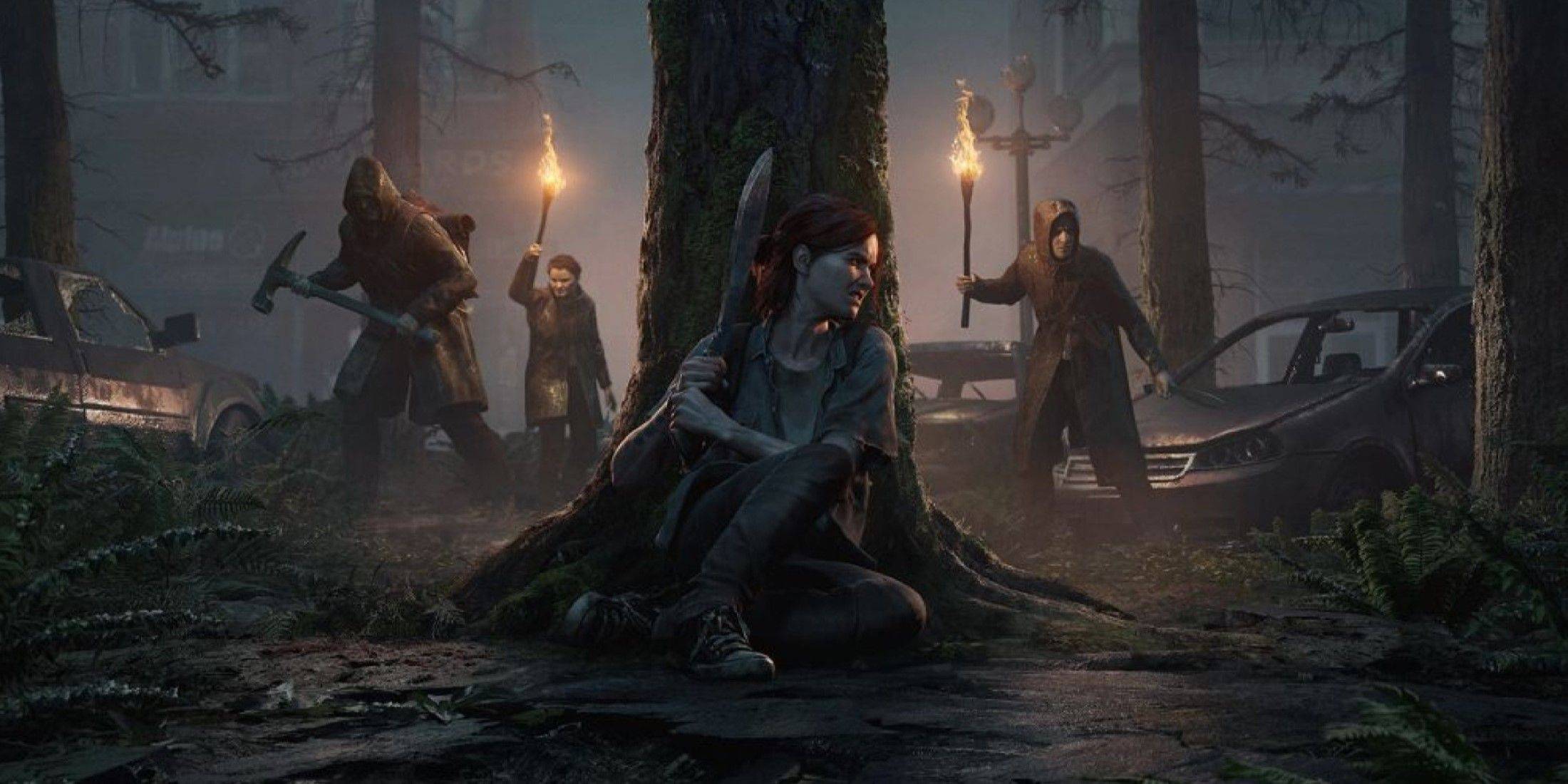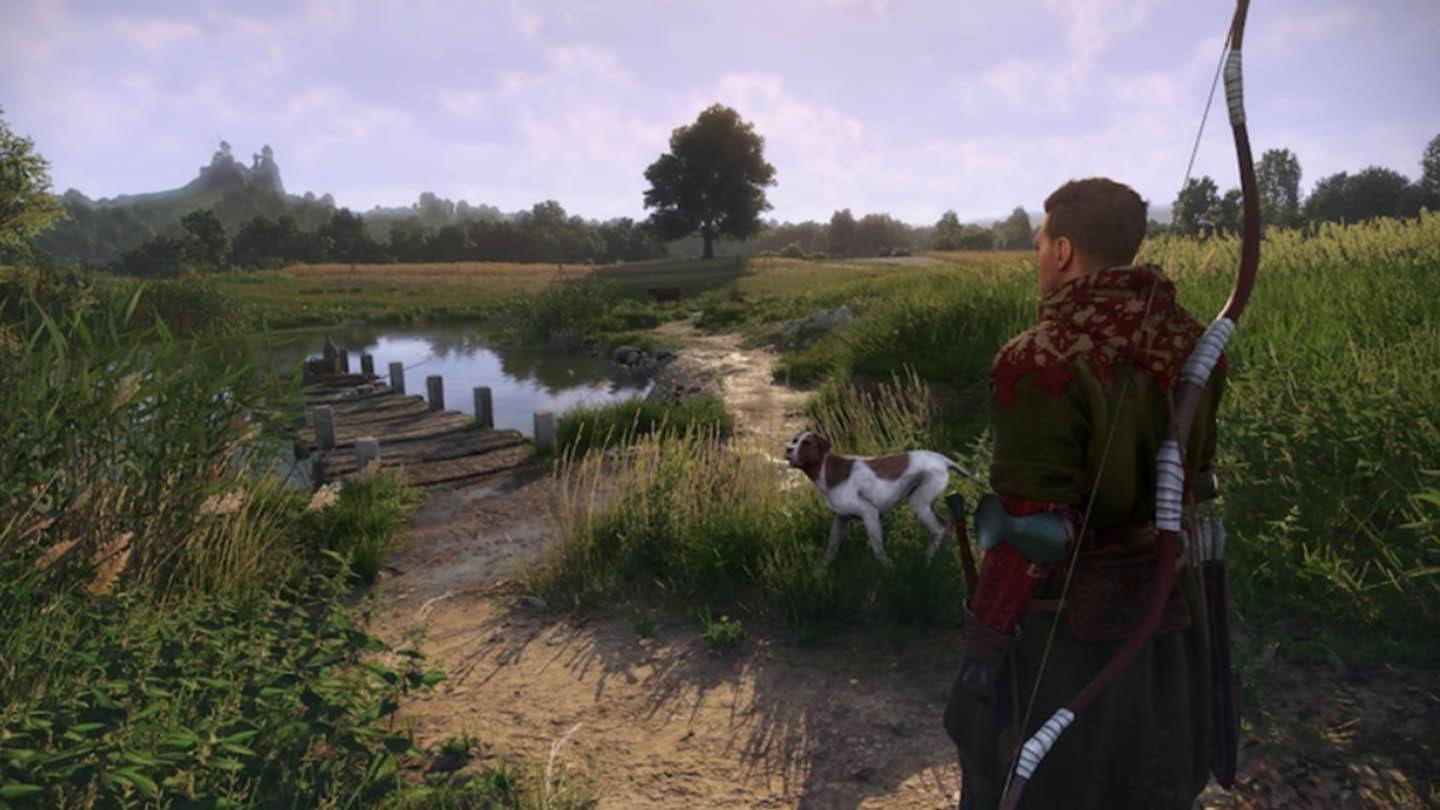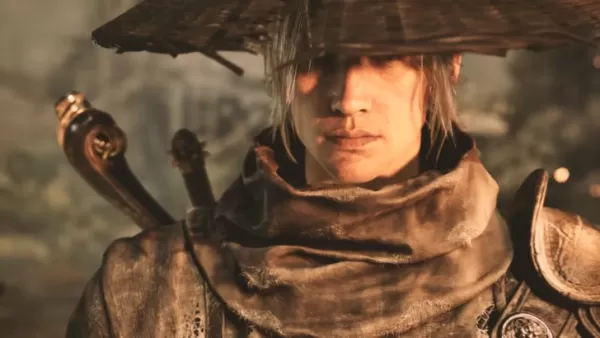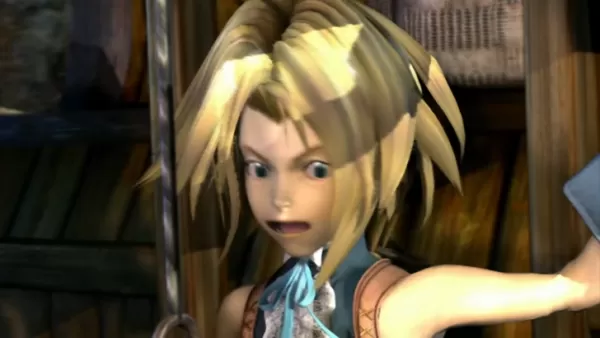Yakuza Devs Promote In-Game Fights and Confrontation
- By Simon
- Jun 04,2025
In an insightful interview with Automaton, Ryosuke Horii, the series director of the Like a Dragon/Yakuza franchise, shed light on the dynamic and fiery culture at Ryu Ga Gotoku Studio. Contrary to conventional wisdom, Horii emphasized that internal disputes and disagreements are not only frequent but are actively encouraged as a means to elevate the quality of their games.
The Art of Healthy Conflict: A Key Ingredient for Success
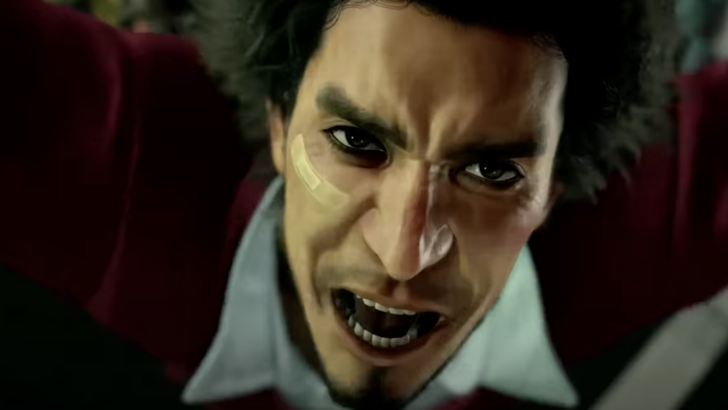
Horii candidly admitted that conflicts between designers and programmers are not uncommon. However, he stressed that these disagreements are far from destructive. "If a designer and a programmer are quarreling, it is the planner’s role to mediate," he explained. According to Horii, these clashes are not only inevitable but also essential for creating something truly exceptional. "Without arguments and discussions, you can only expect a mediocre final product," he noted. For this reason, he believes that productive conflict is always welcome, as long as it leads to meaningful progress.
Horii highlighted the importance of channeling these disputes into constructive outcomes. "Fighting is meaningless unless it results in a fruitful conclusion," he remarked. To ensure this happens, he emphasized the role of the planner in guiding the team toward consensus. "It’s all about having healthy and productive fights," he reiterated.
Embracing Debate for Quality
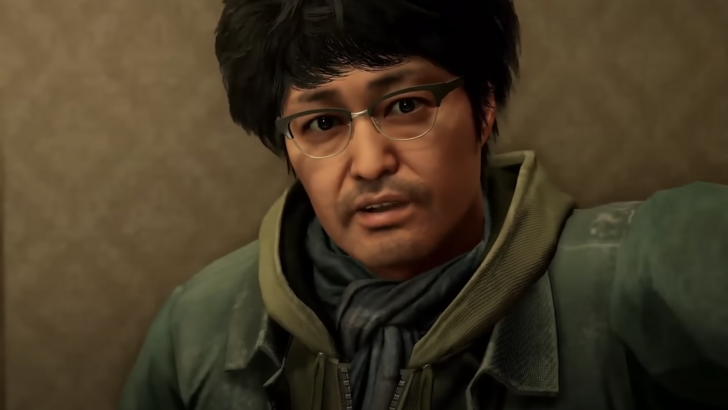
The studio operates on the principle of accepting ideas based solely on merit, regardless of their origin. Horii explained that the team embraces "fights to the same beat," meaning they focus on the quality of the idea rather than the team or individual who proposed it. "We fight for the best possible outcome," he stated. Simultaneously, the studio maintains a strict stance on rejecting underwhelming concepts. "Poor ideas are mercilessly shut down," he added, underscoring the team's commitment to excellence.
At Ryu Ga Gotoku Studio, debate and confrontation are not signs of dysfunction but rather tools for refining their craft. By fostering an environment where healthy disagreements thrive, they ensure that every decision is scrutinized and optimized for the best possible game. As Horii put it, "It all boils down to having debates and ‘battles’ in the interest of making a great game."
Latest News
more >-
-
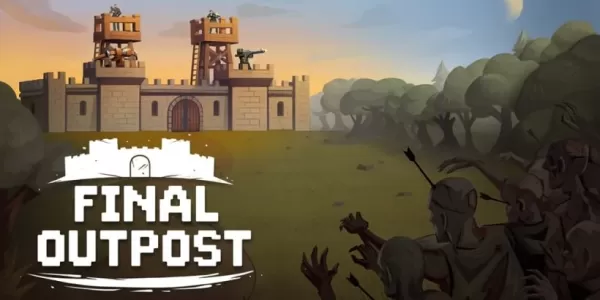
-
- Codemasters Ends Rally Game Series
- Jan 30,2026
-
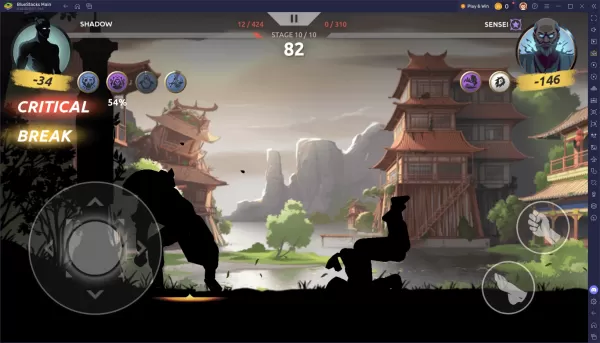
- Shadow Fight Roguelike: Mastering Every Rift Run
- Jan 30,2026
-
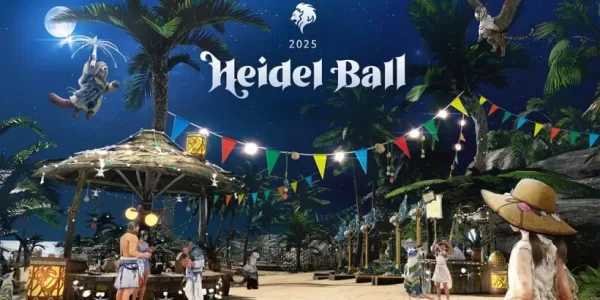
- Black Desert Mobile Unveils 'Heidel Ball 2025'
- Jan 29,2026
